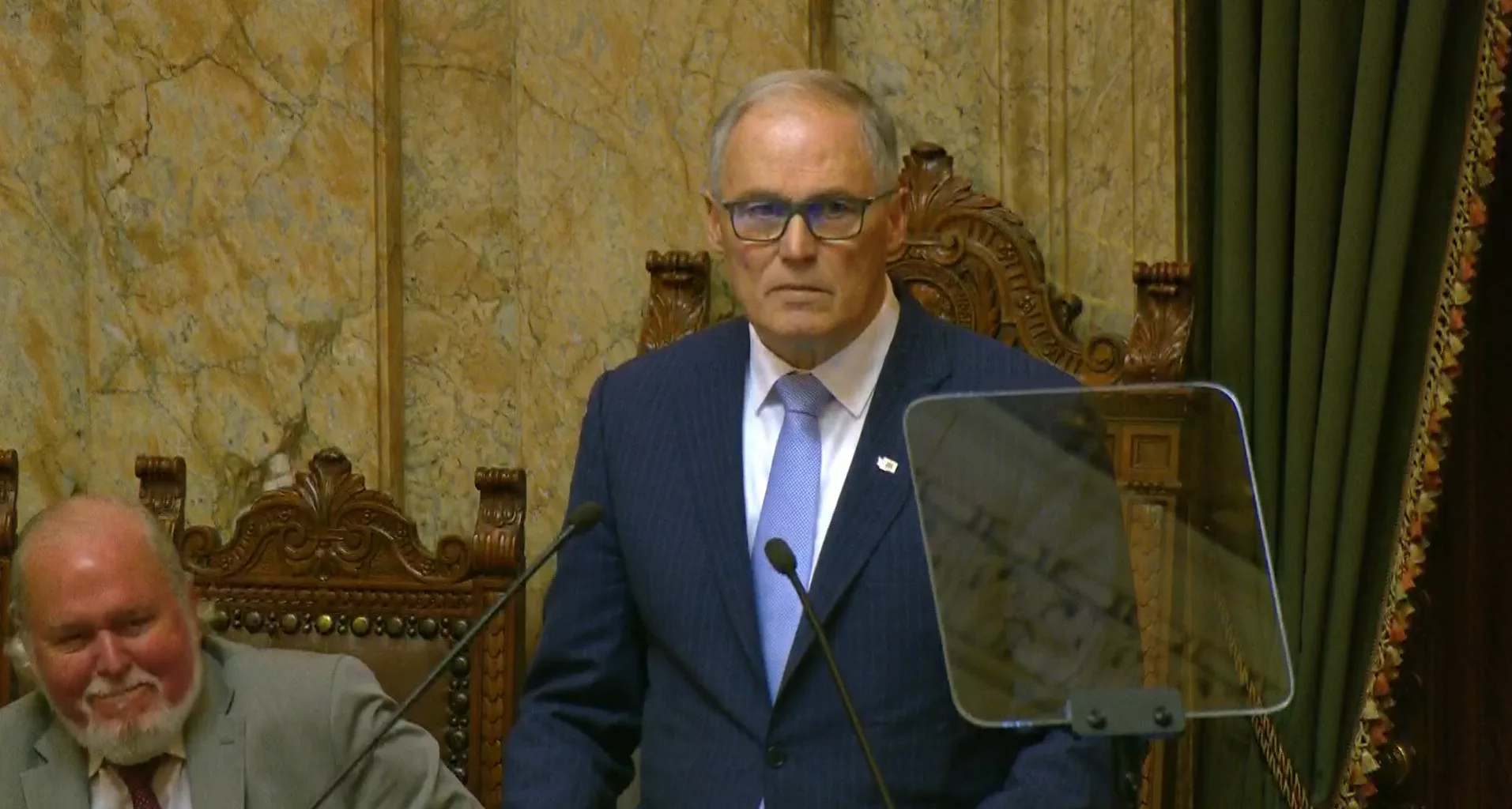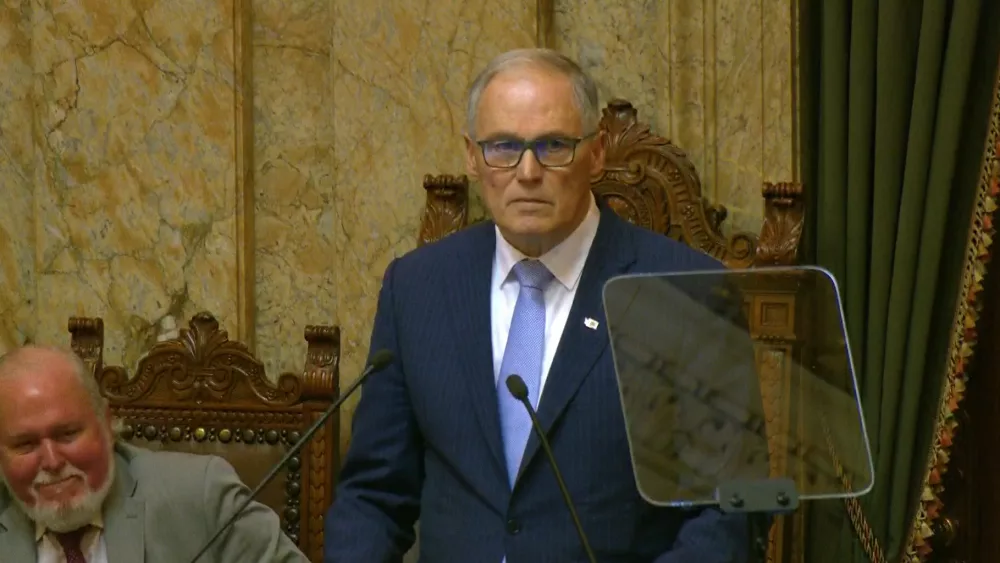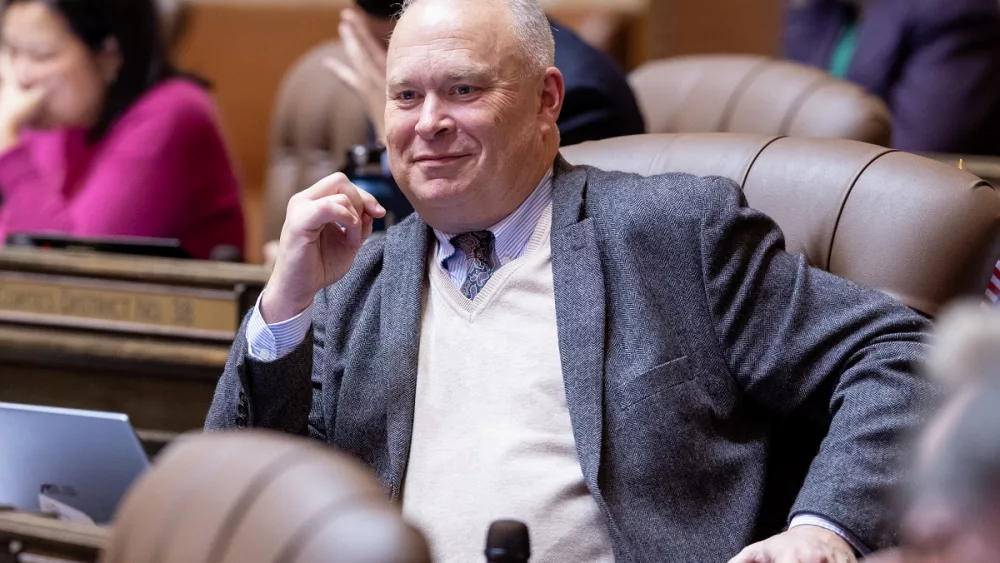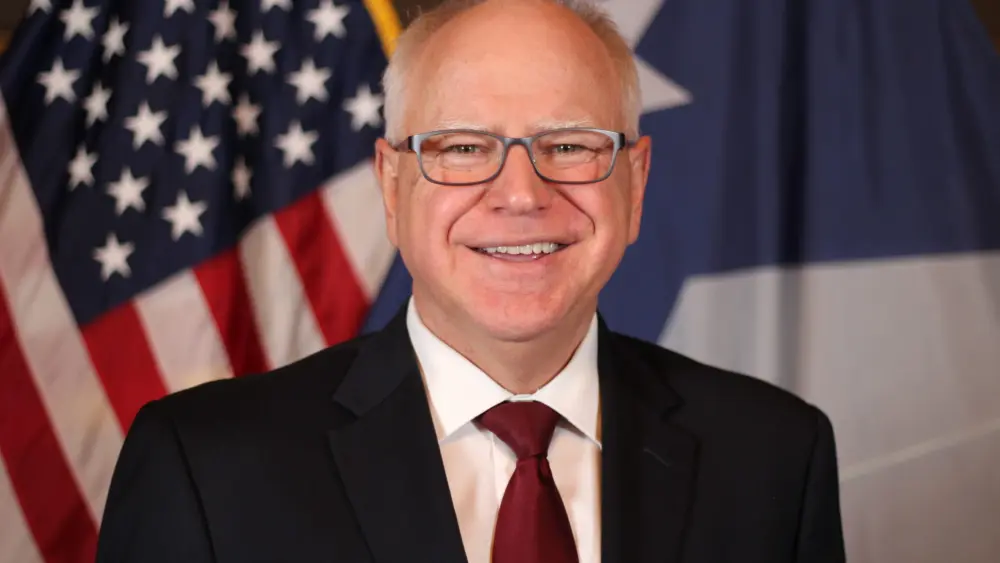
Jackson Maynard, Executive Director and Counsel for the Citizen Action Defense Fund (CADF), is speaking out after what he describes as a retaliatory move by the Washington State Department of Transportation (WSDOT) and the Attorney General’s office against whistleblower Scott Smith, despite Smith voluntarily dropping his lawsuit.
Listen to the audio here:
Smith, a former analyst for WSDOT, blew the whistle on alleged efforts by agency leadership to cover up the projected impact of Governor Jay Inslee’s Climate Commitment Act on gas prices. According to Maynard, Smith was pressured to alter data forecasts that would have revealed dramatic fuel price increases tied to the legislation. When he refused, he was allegedly denied promotions, subjected to workplace retaliation, and even blocked from taking leave to visit his mother over Thanksgiving.
WSDOT has filed a baseless motion against both Scott Smith and our nonprofit – despite having no cause to do so – and needless to say, we're standing our ground.
Read our statement and our response brief below:https://t.co/MZZukHJC7s pic.twitter.com/Q3IxJ6mqRi
— Citizen Action Defense Fund (@CADFWashington) July 25, 2025
Though his case had substantial evidence, including corroborating testimony from current and former WSDOT employees, Smith ultimately chose to withdraw the lawsuit, citing the physical and emotional toll of litigation. But the state, rather than moving on, filed a rare and aggressive motion for sanctions, seeking $400,000 in legal fees from Smith and CADF.
“This is not just kicking a dead horse,” Maynard said during an interview on The Ari Hoffman Show. “This is digging up the bones and kicking those. It’s overkill.”
A Case of Retaliation?
According to Maynard, the motion for sanctions lacks legal merit and ignores extensive documentation that supported Smith’s claims, including contemporaneous notes and depositions from witnesses who confirmed that meetings took place where Smith was allegedly told to omit damaging data.
Even WSDOT’s own internal investigator corroborated portions of Smith’s account, despite conducting a limited review. Maynard says the decision to seek sanctions appears to be more about punishment than justice.
“They’re trying to claim his lawsuit was frivolous. That’s nonsense,” Maynard said. “We had current DOT employees backing him up. We had the receipts.”
Taxpayer-Funded Legal Muscle
Maynard also raised concerns about the state’s use of taxpayer dollars. Despite having hundreds of lawyers on staff at the Attorney General’s office, the state hired outside counsel to pursue sanctions against Smith and CADF. The cost of that external legal team, much of it incurred after Smith dismissed his lawsuit, now forms the bulk of the $400,000 sought in sanctions.
“Why go after a whistleblower after he’s already walked away?” Hoffman asked during the interview.
Maynard speculated that the case was reopened either as a deterrent to future whistleblowers or to damage the reputation of CADF, which provided legal support to Smith.
Opportunity in the Sanctions Hearing
Ironically, by filing a motion for sanctions, the state may have given Smith’s legal team an opportunity to reintroduce the suppressed evidence in open court. The hearing is scheduled for August 22.
“We now get to talk about all of this in court,” Maynard noted. “That includes depositions, documentary evidence, everything they wanted to avoid.”
The state is also accusing Smith of mishandling potential evidence due to missing text messages and emails, which Maynard attributes to a malfunctioning or upgraded device. He insists there’s no proof of any intentional deletion, which is legally necessary to prove spoliation.
“They’re trying to smear his name. We won’t tolerate it,” Maynard said.
Who’s Behind the Motion?
Though the WSDOT is the named defendant, Maynard says the fingerprints of the Attorney General’s office, headed by Democrat Nick Brown, are all over the case. The AG’s office retained the outside firm prosecuting the sanctions motion, adding to speculation about political motivations behind the aggressive legal maneuver.
A Broader Pattern?
The Smith case is emerging amid broader controversies in Washington state regarding whistleblower protections and government retaliation. It also follows another recent case involving Seattle’s vaccine mandate, in which a King County judge ruled that city employees terminated for refusing COVID-19 vaccines did not have “sincerely held religious beliefs,” a ruling critics say undermines First Amendment protections.
“This is about power and punishment,” said Hoffman. “And it’s taxpayers footing the bill.”
What’s Next?
CADF plans to fight the sanctions motion vigorously in court. Maynard says the case is a textbook example of bureaucratic overreach.
“The government should be fixing roads,” he said. “Instead, they’re trying to destroy a retired analyst who dared to tell the truth.”
There will be a hearing on the sanctions motion filed by the Washington State Department of Transportation and the Attorney General’s office against Scott Smith and the Citizen Action Defense Fund on August 25.







